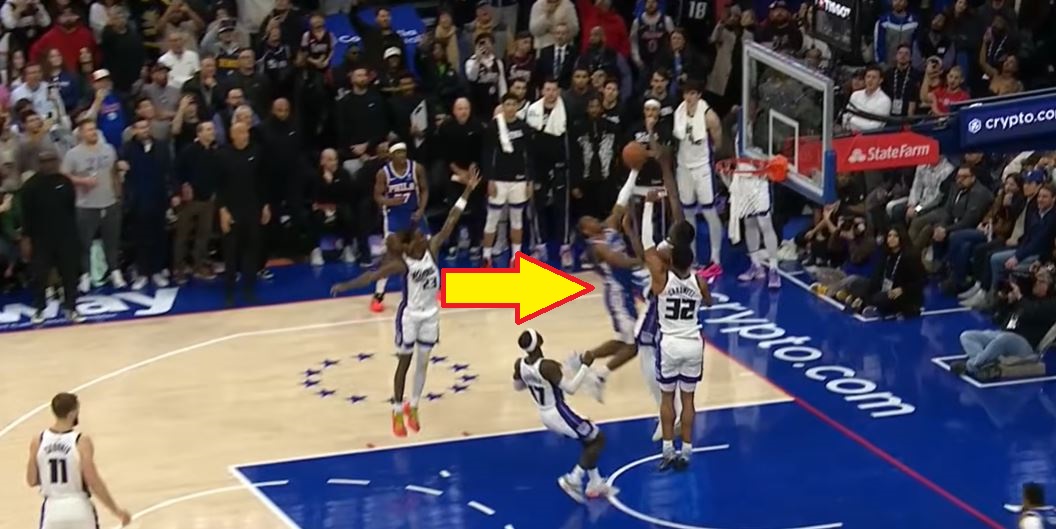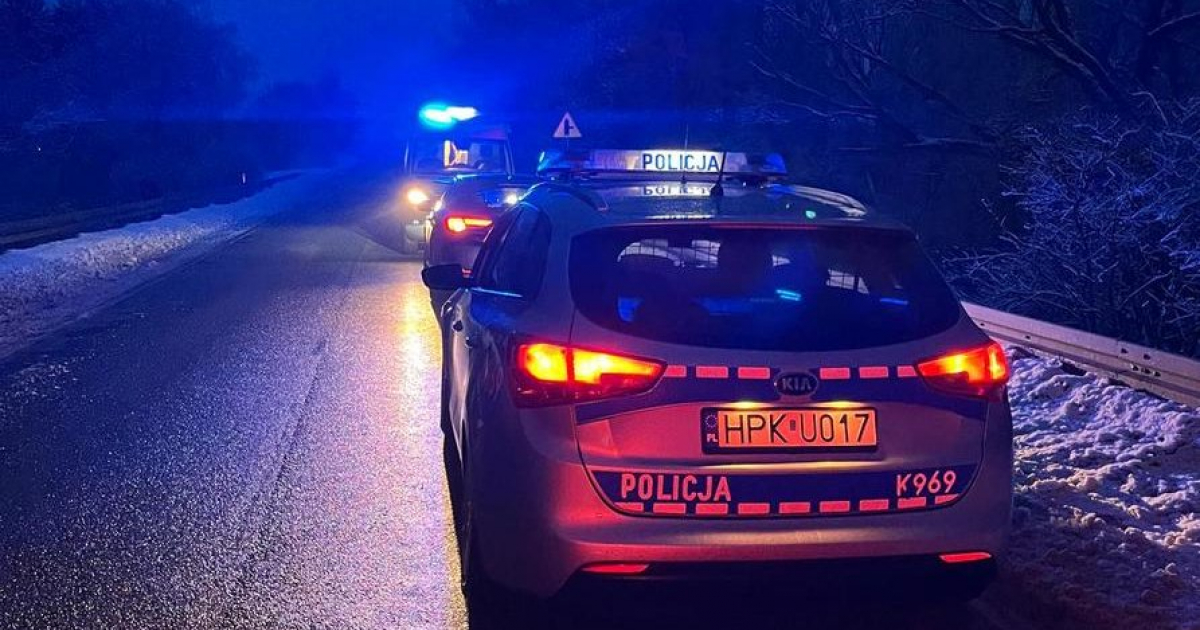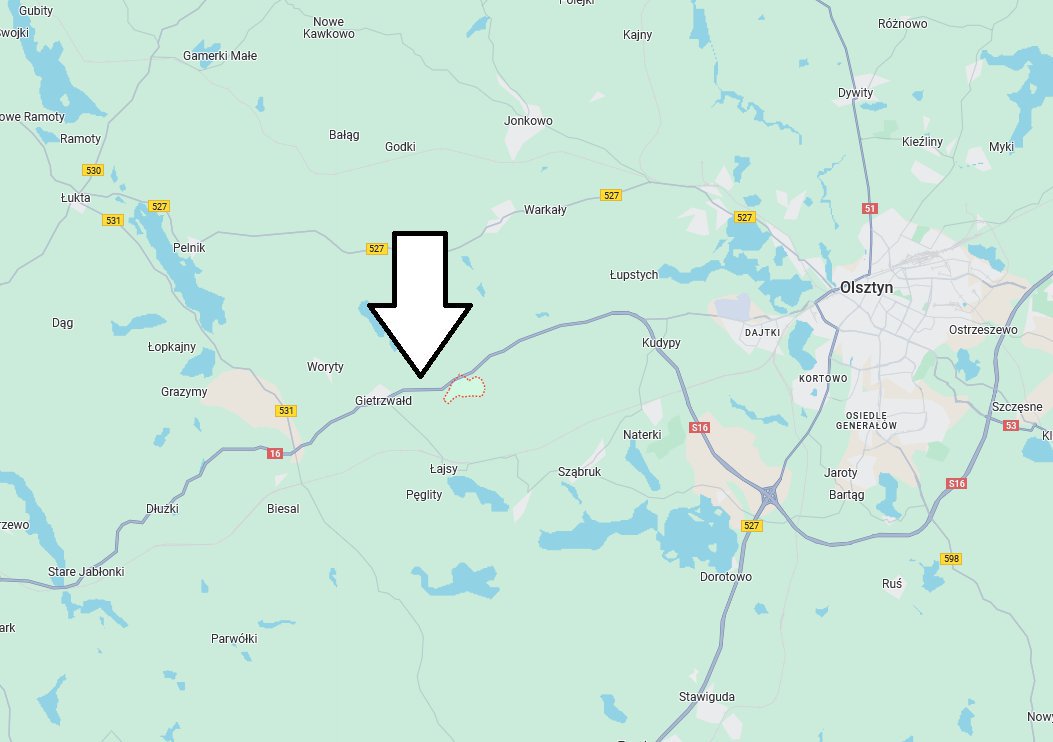
ATLANTA- Two comedians, Eric André and Clayton English, have been granted the right to move forward with a lawsuit against police after being stopped and searched at Atlanta International Airport (ATL).
Both were detained in separate incidents while boarding flights to Los Angeles International Airport (LAX). The searches, which lacked probable cause, are at the center of a federal appeals court ruling that found their constitutional claims could proceed.
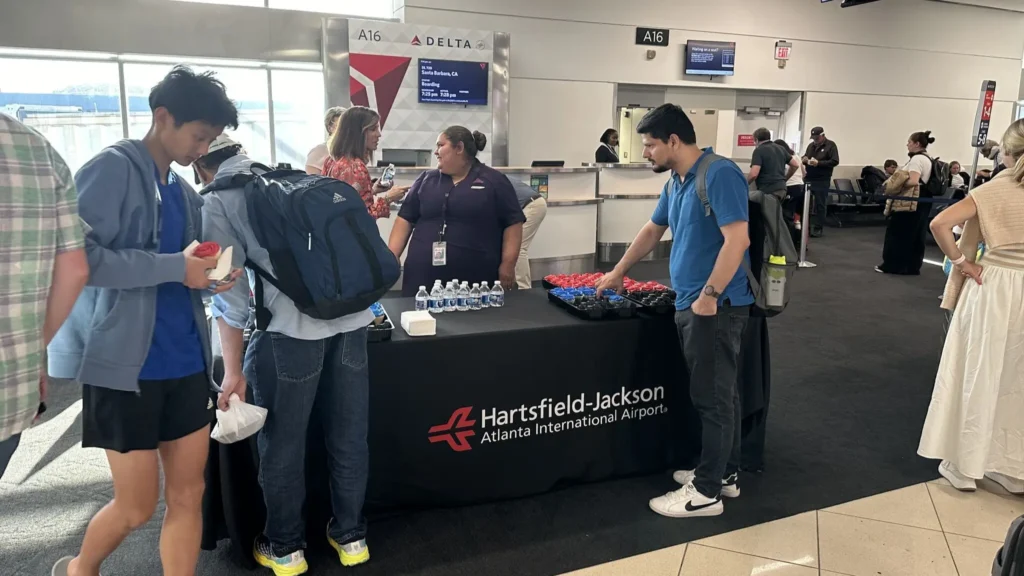 Photo: Scott C. Carr, A.A.E., Airport Assistant General Manager – Hartsfield-Jackson Atlanta International Airport
Photo: Scott C. Carr, A.A.E., Airport Assistant General Manager – Hartsfield-Jackson Atlanta International AirportCourt Ruling Revives Lawsuit Against Police
The Eleventh Circuit Court of Appeals recently reinstated claims by comedians Eric André and Clayton English, who allege unlawful searches and seizures by Clayton County Police at Atlanta’s airport.
Officers had stopped the pair in the jetbridge, taken their identification and boarding passes, and questioned them about carrying drugs without reasonable suspicion.
Over 9 months, police conducted 402 such stops at ATL, with 68% involving minority travelers. Despite the aggressive tactics, fewer than 1% of the stops produced drug seizures.
Instead, more than $1 million was confiscated from passengers under civil asset forfeiture, often without any charges filed.
Reported by View From the Wing, these statistics highlight the controversial nature of the interdiction program.
The court held that the comedians plausibly alleged unconstitutional searches and seizures under the Fourth Amendment. However, the ruling also confirmed that individual officers remain shielded by qualified immunity, limiting personal liability even in cases of rights violations.
Civil Asset Forfeiture
Civil asset forfeiture allows law enforcement to seize cash and property suspected of being connected to criminal activity, often without proving wrongdoing.
In the Atlanta interdiction program, most seizures involved money rather than drugs. Over a million dollars was taken from 25 passengers in less than a year.
Critics argue this practice incentivizes policing for profit rather than public safety. The Department of Justice has already curtailed the DEA’s broader airport interdiction program after its own report admitted systemic constitutional violations.
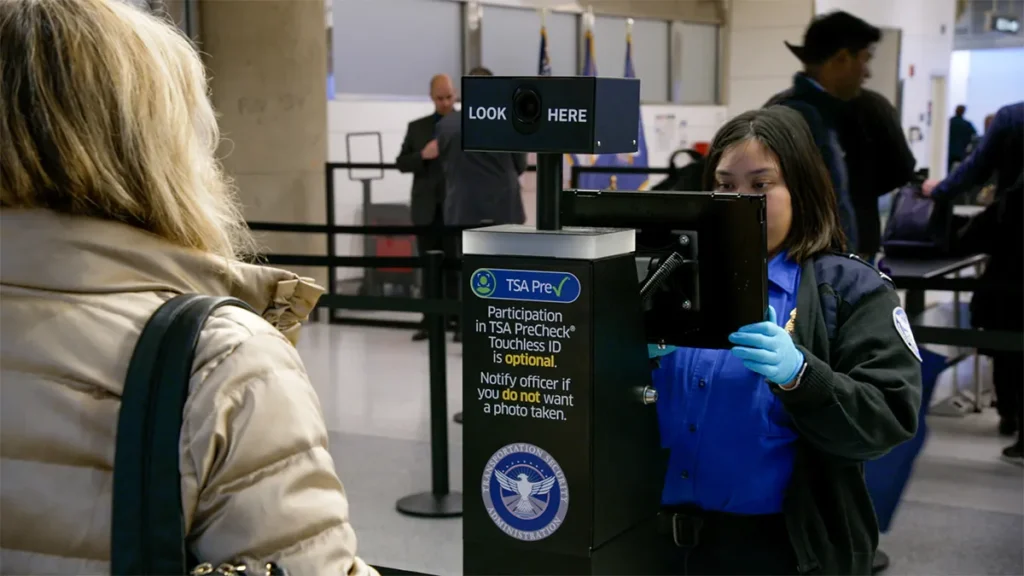 Photo- American Airlines
Photo- American AirlinesLimits of the Court Decision
While the appeals court revived Fourth Amendment claims against Clayton County, it upheld dismissal of racial discrimination claims due to insufficient evidence of intentional bias, despite statistical disparities.
Amicus briefs supporting the comedians came from high-profile actors and organizations, including Tyler Perry, Jamie Foxx, Taraji P. Henson, Sterling K. Brown, the NAACP Legal Defense Fund, and the Cato Institute.
The court’s decision does not end the case but places the county program under significant legal risk.
Any continuation of such practices could expose the county to liability and undermine public trust in airport security procedures.
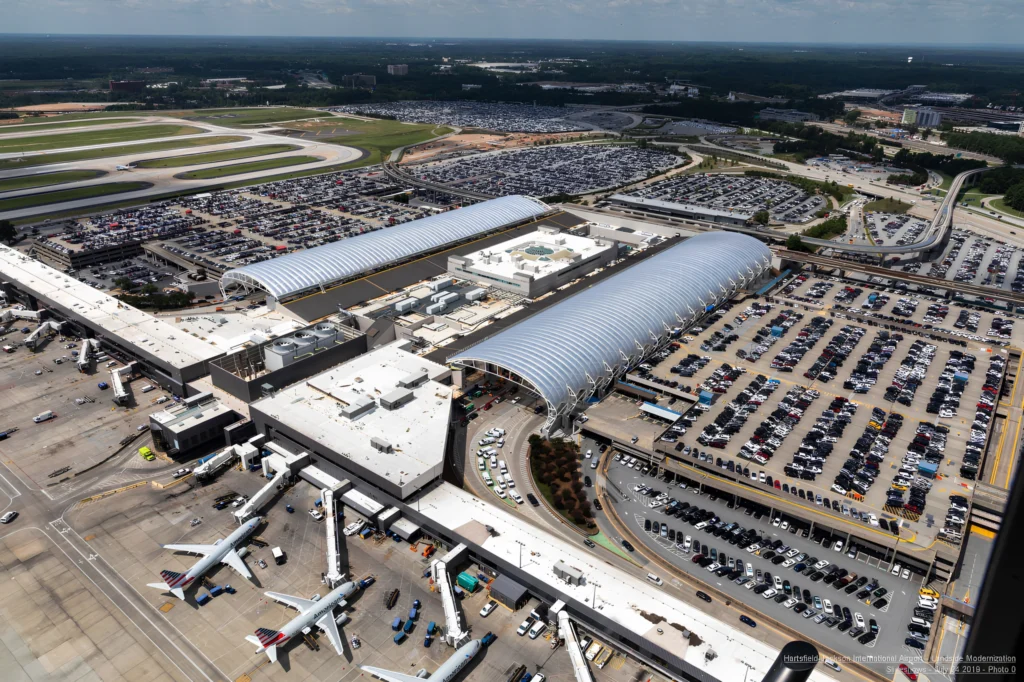 Photo: Atlanta International Airport
Photo: Atlanta International AirportBottom Line
The ruling highlights how airport interdiction programs intersect with constitutional protections. Even routine travel between “known drug source cities” such as ATL and LAX has been used to justify stops and seizures.
For travelers, this case serves as a reminder of the risks of carrying large sums of cash and the potential for intrusive encounters with law enforcement.
Given the Department of Justice’s reforms and the appellate court’s decision, it is increasingly likely that local interdiction programs modeled on DEA practices will face stricter oversight or be scaled back entirely.
Stay tuned with us. Further, follow us on social media for the latest updates.
Join us on Telegram Group for the Latest Aviation Updates. Subsequently, follow us on Google News
Delta Flight Attendant Criticize Atlanta Airport Staff After Crash
The post Two Comedians Targeted at Atlanta Airport Get Green Light to Sue Police appeared first on Aviation A2Z.

